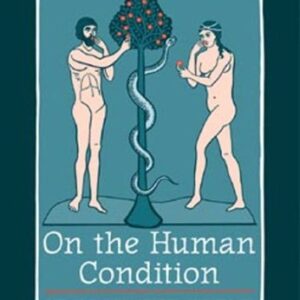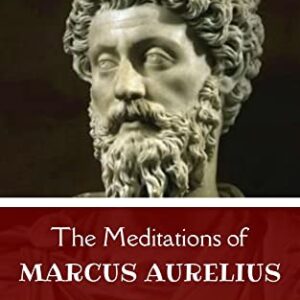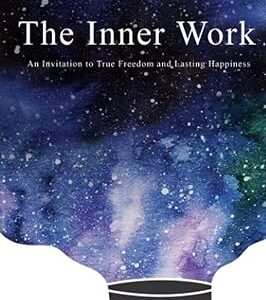“I AM persuaded,” said Claude Bernard, “that the day will come, when the man of science, the philosopher and the poet will all understand each other.” Whatever we may think of this prophecy, we most of us feel that the one-sided absolutism of the past, whether religious or scientific, is no longer possible. The inevitable vehemence of the reaction against bigotry and superstition has, in a measure, spent itself, and the best minds of the present, influenced by the spirit of Socrates’ claim to wisdom, are cautiously and tentatively feeling their way to a nicer adjustment of the scales of thought. That these should ever be poised in perfect equilibrium is no doubt impossible in this world of clashing categories; but the undoubted truths to be found in extremes are beginning to be recognised as partial and relative, as only fragmentary elements in the ultimate synthesis. From the conviction that the whole truth is not to be found in any partial utterance of humanity, the passage is easy to the opinion, that for a really philosophical appreciation of our nature, an impartial examination of all the sides, of man is necessary. The philosopher, the scientist, the artist, the saint must all contribute. Contemporary non-religious thought, like its predecessor of an earlier day, is becoming persuaded that some good. thing may come even out of Nazareth. The thin, dry optimism of sectarian Christianity and of official materialism we see now to be not so much erroneous as unthinkable. We have done, it may be hoped for ever, with If the proofs which proved, and the explanations which explained nothing.” A hundred years ago truth seemed a simpler matter to our fathers. They stood on the threshold of the modem industrial world, to them a coming golden age tipped with the brightness of rising science. Exact knowledge and universal education were to make men happy and wise and good. Kings and priests were gone, or, at least, the back of their despotism was broken ; these incubi, the causes of all his misery, removed, man, a well-meaning creature, and more than capable of taking care of himself, would begin at last to live, and, in the normal exercise of his natural functions, hitherto artificially strapped down by theological and political tyrants, would find true satisfaction and, consequently, the perfect happiness of his being. But they counted without machine-looms or the law of heredity, of which they derided the theological expression in the doctrine of original sin. The true value of the Revolution did not lie in the supposed sagacity of its political wisdom, and even less in its social results, which we have with us today, but in the indomitable hope and faith which animated some of its greatest illustrations. It is impossible to read the best French moralists of the Revolutionary period-say, Vauvenargues and Condorcet-without being struck by the deep spiritual earnestness which underlay much in them that was flimsy as argument, mistaken as fact, frothy and unreal as sentiment.
The Dialogue of the Seraphic Virgin Catherine of Siena: Dictated by her, while in a state of ecstasy, to her secretaries, and completed in the year 1370
Religion & Spirituality
The Dialogue of the Seraphic Virgin Catherine of Siena: Dictated by her, while in a state of ecstasy, to her secretaries, and completed in the year 1370
$ 6.00





Reviews
There are no reviews yet.